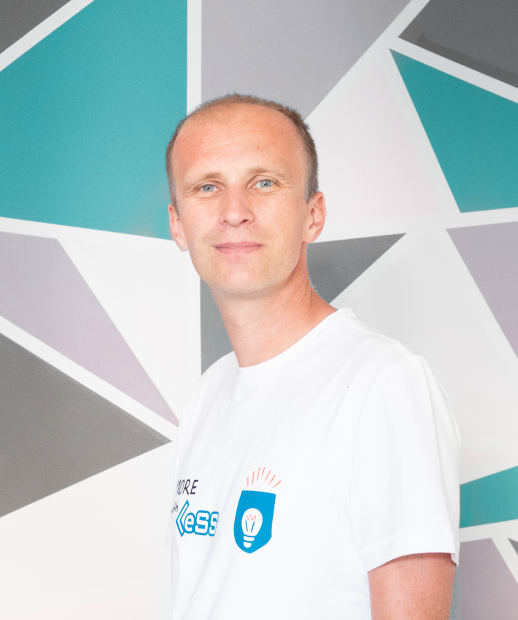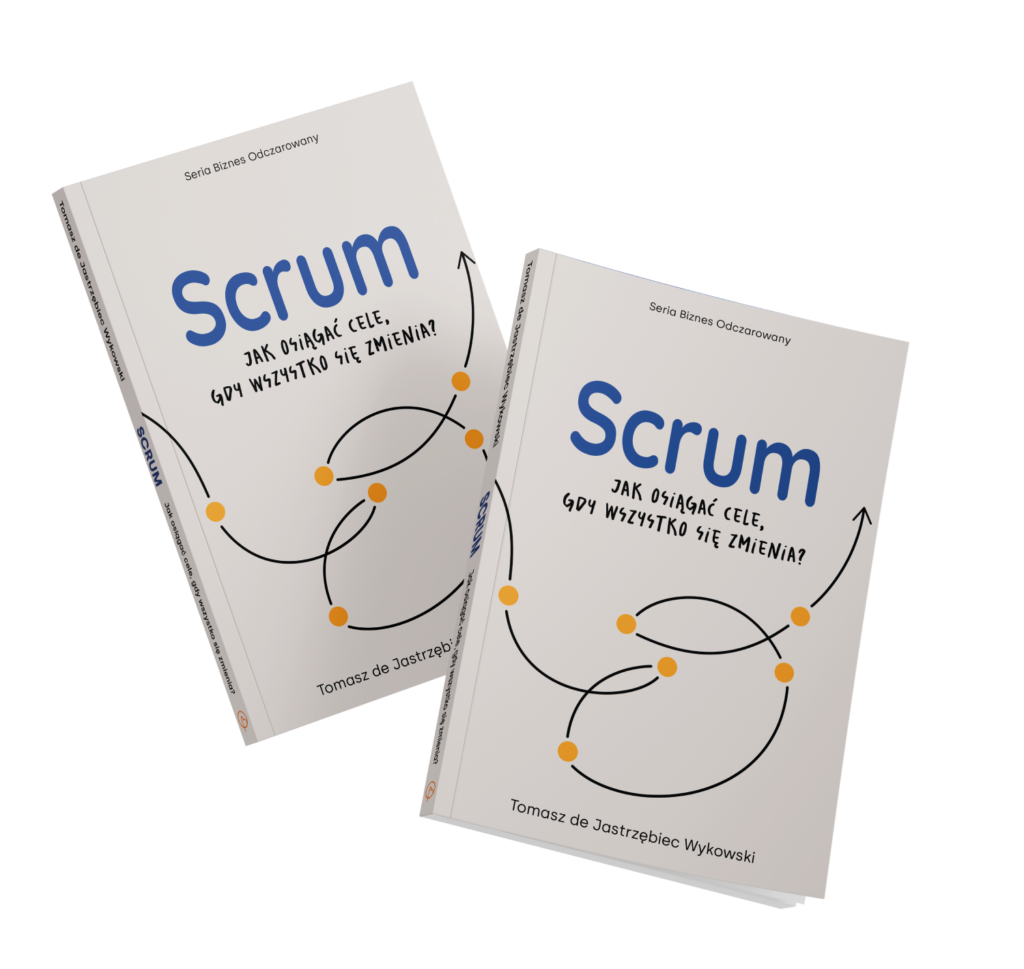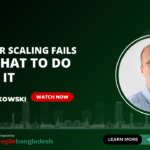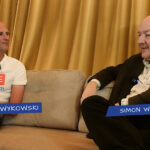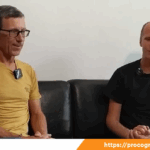Jestem jedynym polskim Certified Scrum Trainer, CST akredytowanym przez Scrum Alliance oraz LeSS-Friendly Scrum Trainer akredytowanym przez LeSS Company.
Od ponad 20 last jestem związany z tworzeniem oprogramowania. Pracowałem jako software engineer, project manager, Scrum Master, więc poznałem rozwój produktów z każdej strony. W 2010 roku założyłem ProCognitę, żeby poprzez mentoring i szkolenia pomagać liderom tworzyć niezwykłe organizacje.
Pracuję z liderami, managerami i kadrą zarządzającą zarówno polskich firm, takich jak inFakt, jak i międzynarodowych korporacji, takich jak UPC, czy Coca-Cola. Pomagam im odkryć prawdziwe przyczyny napotkanych przeszkód i wypracować strukturę firmy, procesy, narzędzia i techniki działania, które pozwolą na osiąganie celów na zmiennym rynku. Chcę wprowadzić realną i trwałą zmianę, więc poszukuję różnych źródeł inspiracji, ucząc się od moich klientów, innych ekspertów i Ciebie.
Dzielę się swoją wiedzą poprzez blog i podcasty. Możesz mnie spotkać na konferencjach i meetupach na czterech kontynentach. Wspólnie z przyjaciółmi założyłem ALE Kraków, która stała się drugą co do wielkości społecznością Agile w Polsce. Jeżeli nie byłeś jeszcze na naszym spotkaniu to zapraszam Cię serdecznie.
Certyfikowane szkolenia Scrum i LeSS
Wyznaję zasadę, że sama teoria nic nie daje. Wykłady i oglądanie kolejnych prezentacji nie poprawią Twoich umiejętności. Efekty można uzyskać tylko przez doświadczenie i spojrzenie na problem z różnych perspektyw. Podczas szkoleń wykorzystuję techniki Training From The Back Of The Room, które pomogą Ci się uczyć przez ćwiczenia, dyskusje w grupach, krótkie wykłady i symulacje prawdziwych sytuacji. Dzielę się wiedzą i doświadczeniem wyniesionymi z pracy w polskich i międzynarodowych firmach.
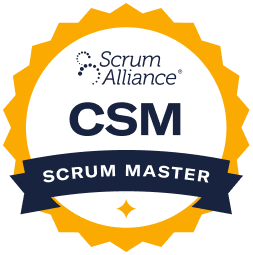
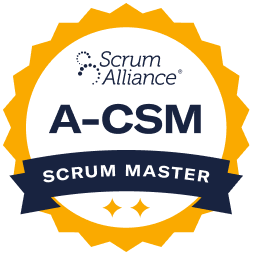
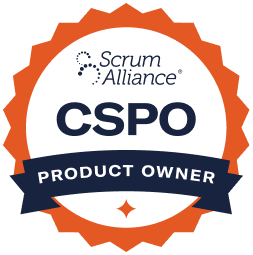
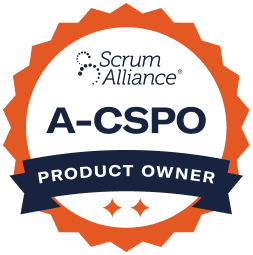
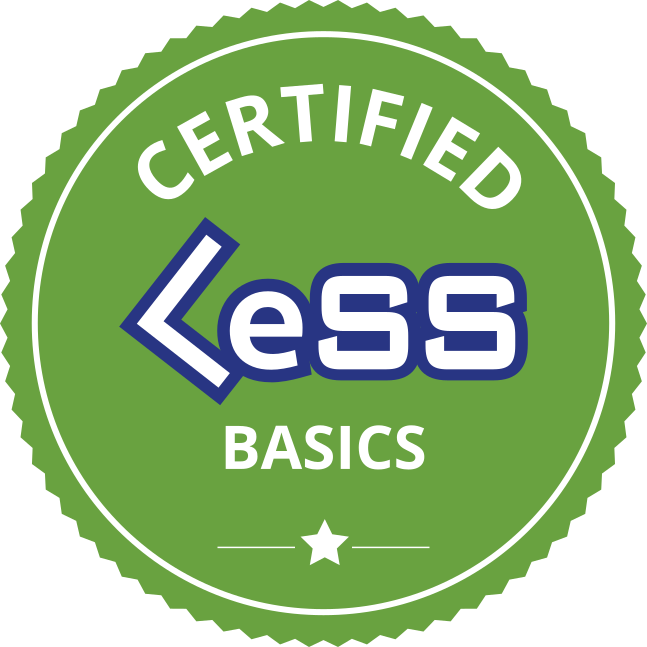
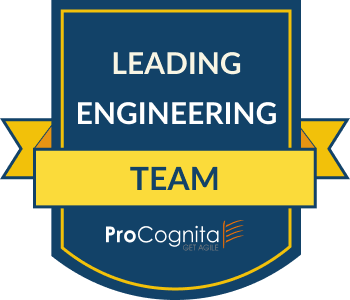
Zastanawiasz się czy to działa? W ankietach 96% uczestników moich kursów zaznaczyło, że polecą szkolenie współpracownikom lub znajomym.
Książka „Biznes Odczarowany”
Książka „Biznes Odczarowany. Scrum: jak osiągać cele, gdy wszystko się zmienia?” to podsumowanie moich obserwacji z polskich i międzynarodowych firm. W 2023 roku ukazała się druga edycja książki, w której opisałem, dlaczego muszą szybko reagować na zmiany w otoczeniu i jak to robić przy pomocy Scruma. Pokazuję w niej, po co firmie zwinność i jak ją osiągnąć w rzeczywistym świecie. Odpowiadam zarówno na pytania dlaczego robimy pewne rzeczy w Scrumie, jak i jak je robimy.
W książce zebrałem najczęstsze problemy, z którymi się spotkałem, oraz dobre praktyki, które zadziałały w innych firmach.

